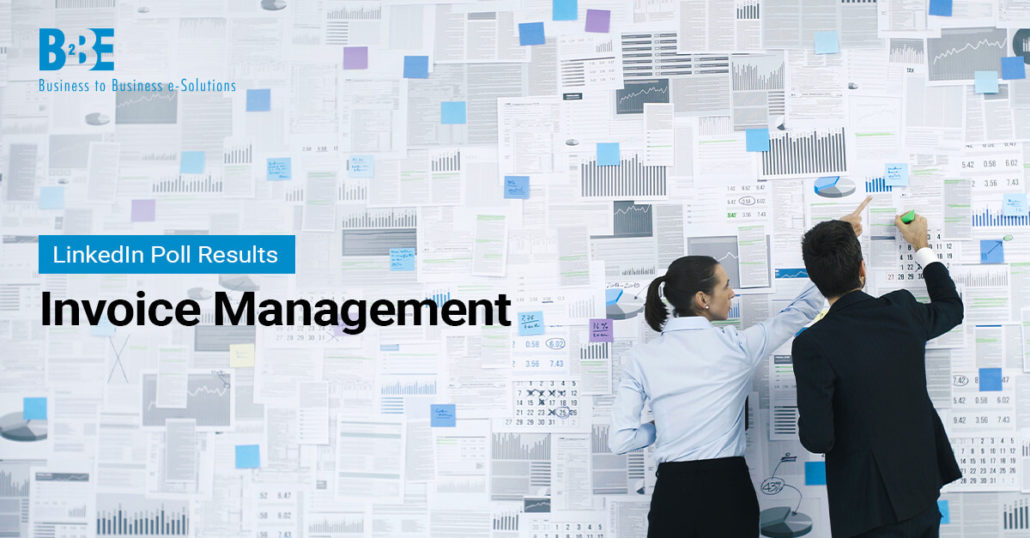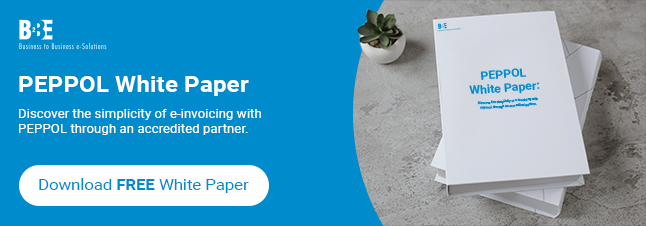Invoice management transcends mere administrative tasks; it embodies a strategic imperative for businesses seeking to streamline processes, mitigate risks, and optimise resource allocation. This question serves as a catalyst for exploring the diverse array of strategies and best practices that empower organisations to navigate the complexities of invoice management with finesse.
From leveraging technology and automation to fostering collaboration and implementing robust tracking systems, the quest for better invoice management encompasses a spectrum of approaches tailored to the unique needs and challenges of each organisation. As businesses grapple with the demands of regulatory compliance, cash flow optimisation, and vendor relationships, the imperative to optimise invoice management practices becomes more pressing than ever.
Poll results
In our most recent LinkedIn poll, we asked our social media followers how can they manage their invoices better. Continue reading below for the full results.
Invoice management practices
There are a number of ways to manage invoices better. These include:
- Automate processes
- Avoid time delays
- Flexible payment options
Let’s explore each of these in more detail.
Automate processes
A notable 47% of respondents emphasized the importance of “Automating processes.” This response underscores a strategic recognition of the transformative potential of automation in streamlining invoice management workflows. Automating processes involves leveraging technology to systematically handle tasks such as invoice generation, submission, approval, and payment, reducing manual intervention and associated errors. By implementing automated solutions, businesses can expedite invoice processing, improve accuracy, and enhance overall efficiency.
Automation allows for better tracking, monitoring, and analysis of invoice-related data. It provides insights that can inform decision-making and optimise financial processes. The 47% response highlights a proactive approach to enhancing invoice management practices through technology. It reflects a commitment to harnessing digital tools to drive operational excellence and financial agility within organisations.
Avoid time delays
26% of respondents emphasized the importance of “Avoiding time delays.” This response underscores a strategic focus on optimising the timeliness of invoice processing to ensure prompt payment and efficient financial operations. By prioritising the avoidance of time delays, businesses can streamline their invoice management workflows and mitigate the risk of late payments. This is important as late payments can lead to strained vendor relationships, potential penalties, and cash flow disruptions.
Implementing strategies to avoid time delays involves establishing clear timelines, workflows, and communication channels for invoice submission, approval, and payment. Leveraging technology solutions such as automated reminders, workflow automation, and electronic payment systems can help expedite the invoice processing cycle and minimise bottlenecks. Additionally, fostering collaboration between finance teams, procurement departments, and vendors can facilitate proactive issue resolution and ensure invoices move swiftly through the approval process.
The 26% response highlights a proactive approach to addressing common pain points associated with invoice management. It reflects a commitment to optimising efficiency, enhancing vendor relations, and maintaining financial stability within organisations.
Flexible payment options
21% of respondents emphasized the importance of “Flexible payment options.” This response underscores a strategic focus on diversifying payment methods to accommodate varying vendor preferences and operational needs. Offering flexible payment options enables businesses to tailor their payment processes to suit the specific requirements of individual vendors. As a result, this enhances vendor satisfaction, optimises cash flow management, and streamlines financial operations.
Embracing flexible payment options can strengthen vendor relationships, foster trust, and position businesses as preferred partners in the marketplace. Additionally, leveraging technology that facilitates secure and efficient payment processing can enhance transparency, minimise errors, and improve overall operational efficiency.
The 21% response underscores the importance of adaptability and responsiveness in invoice management practices, reflecting a commitment to meeting vendor needs while optimising financial processes within organisations.
Other
Finally, 5% of respondents indicated “Other” as a noteworthy approach. Although this category does not provide details, it suggests that some respondents may have identified alternative strategies or considerations.
While the “Other” category received a relatively small percentage of responses, it highlights the diverse perspectives and innovative approaches that businesses may employ to enhance their invoice management practices. These alternative strategies could encompass a wide range of initiatives. For example, implementing invoice tracking systems or conducting regular audits. It could also include enhancing communication with vendors, or investing in employee training and education on invoice management best practices.
While the specific strategies may vary, the overarching goal remains the same: to optimise invoice management processes, streamline operations, and ensure accuracy and efficiency in financial transactions. This underscores the importance of flexibility and creativity in addressing the unique challenges and requirements of invoice management within organisations.
Learn more about B2BE’s Supplier e-Invoicing and Customer e-Invoicing solutions.
More information
B2BE’s experience in the supply chain sector allows our customers to build, expand and adapt successfully, enabling greater effectiveness. To engage with B2BE and offer feedback on what matters most to you and your business, make sure to follow us on LinkedIn and across social media. You can also vote in our latest LinkedIn poll. If you’d like to discuss your supply chain strategy, get in touch with us.

